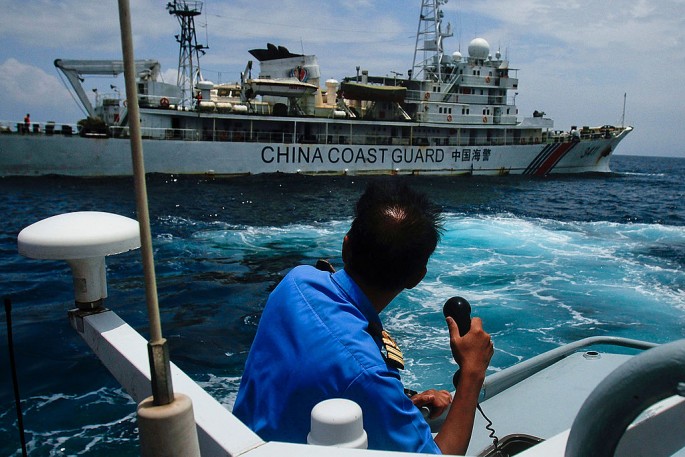China strongly denounces “irresponsible remarks” on territorial disputes along the South China Sea made by certain member countries during the Group of Seven forum held in Hiroshima, Japan.
On Monday, Beijing expressed its dissent over statements made by some foreign ministers about condemning "any intimidating coercive or provocative unilateral actions."
The G7 Controversial Statement
Several members of the G7, which include Canada, Germany, France, Italy, Japan, the U.S., the U.K. and High Representative of the European Union, made a strong but generic statement on maritime security published on the European Union's official website on Monday.
The statement was opened with a reaffirmation of the member countries' "commitment to further international cooperation on maritime security and safety," adding that they recognize the principles of the United Nations Convention on the Law of the Sea (UNCLOS).
"We express our strong opposition to any intimidating coercive or provocative unilateral actions that could alter the status quo and increase tensions," the group continued.
The statement also indicated that "all states to refrain from such actions as land reclamations" and "building of outposts . . . for military purposes."
According to BBC News, the group did not explicitly mention China in the statement, but it was clear that the message was directed to the Asian giant considering that it had been claiming territory all over the South China Sea and in several areas in the East China Sea.
Beijing's Answer
According to Foreign Ministry spokesperson Lu Kang, there is a great chance that the special statement from the group targeting China was sparked by a request from Tokyo.
"If the G7 wants to continue playing a major role in the world, it should take an attitude of seeking truth from the facts to handle the issues the international community is most concerned with at the moment," Lu declared during a news conference in Beijing as cited by the South China Morning Post.
According to Lu, the G7 has been taken hostage by "the selfish interests of certain countries," and that it would not be beneficial for the group to continue their current course.
Li Mingjiang, an associate professor at the Nanyang Technological University's S. Rajaratnam School of International Studies, said that the group was clearly trying to make China accept arbitration through the G7 forum statement.
But National Institute for South China Sea Studies President Wu Shicun believes that they would not succeed.
"But there is no turning back for China in the South China Sea," he said. "China will not comply with the arbitration ruling, nor will it change its policy."



























